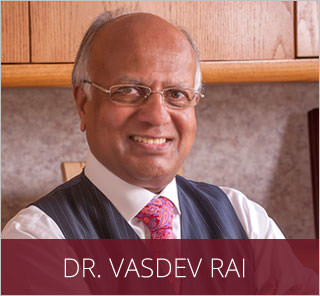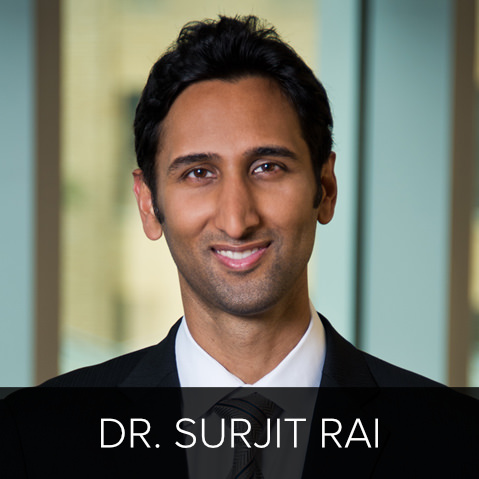FDA Announcement on the Safety of Silicone Breast Implants
When the Food and Drug Administration (FDA) lifted the temporary moratorium on silicone gel breast implants in 2006, it was with the understanding that ongoing studies were needed to properly determine the safety of these medical devices. There were still too many unknowns, which they felt would not be resolved until the completion of two ten-year studies conducted by the manufacturers of breast implants approved for use in the United States. These results are (mostly) in, and the FDA has issued an updated safety communication to reflect the outcome of these studies.
The key finding of the study was “silicone gel-filled breast implants have a reasonable assurance of safety and effectiveness when used as labeled. Despite frequent local complications and adverse outcomes, the benefits and risks of breast implants are sufficiently well understood for women to make informed decisions about their use.” In other words, the FDA believes that we now know enough about silicone gel breast implants that there are no lingering questions and doubts about the devices and their use in breast augmentation.
Other key findings include:
- Local complications are consistent with previous observations and include:
- Implant rupture
- Wrinkling
- Asymmetry
- Scarring
- The longer a woman has implants, the more likely she is to experience local complications
- Up to 20% of women who have primary breast augmentation will have a second operation to remove or replace breast implants. About a third of these women will have their implants replaced because they want to change the size or style of their breast implants.
- There is no apparent association between silicone gel-filled breast implants and connective tissue disease, breast cancer, or reproductive problems. Although the FDA mentions the possibility that “very rare” associations may not be detectable using the current data, the FDA did detect the association with anaplastic large cell lymphoma (ALCL), with a rough incidence of about 3 per million, any outstanding associations must be very rare indeed.
With the conclusion of these studies, we can finally say with relative certainty that we know and understand all the risks associated with silicone gel breast implants, which are essentially the same as for saline breast implants.
During your consultation, board-certified plastic surgeon Dr. Vasdev Rai will discuss the risks and benefits of silicone gel breast implants and help you decide whether they are right for you. To talk to Dr. Rai, please schedule a consultation at the Cosmetic Surgical Center in Dallas, Texas today.
Dr. Vasdev Rai
 Dr. Vasdev Rai has performed more than 25,000 cosmetic surgeries over his more than 30 years in practice as a Dallas plastic surgeon. He is a board-certified plastic surgeon who was first certified by the American Board of Plastic Surgery in 1983. Learn More...
Dr. Vasdev Rai has performed more than 25,000 cosmetic surgeries over his more than 30 years in practice as a Dallas plastic surgeon. He is a board-certified plastic surgeon who was first certified by the American Board of Plastic Surgery in 1983. Learn More...
Dr. Surjit Rai
 Dr. Surjit Rai was born and raised in Plano, Texas. Being the son of a plastic surgeon, Dr. Rai had the unique opportunity to see first-hand the impact a plastic surgeon can have. He knew at a young age that he would dedicate his life and academic career towards the goal of becoming a plastic surgeon. Learn More...
Dr. Surjit Rai was born and raised in Plano, Texas. Being the son of a plastic surgeon, Dr. Rai had the unique opportunity to see first-hand the impact a plastic surgeon can have. He knew at a young age that he would dedicate his life and academic career towards the goal of becoming a plastic surgeon. Learn More...
